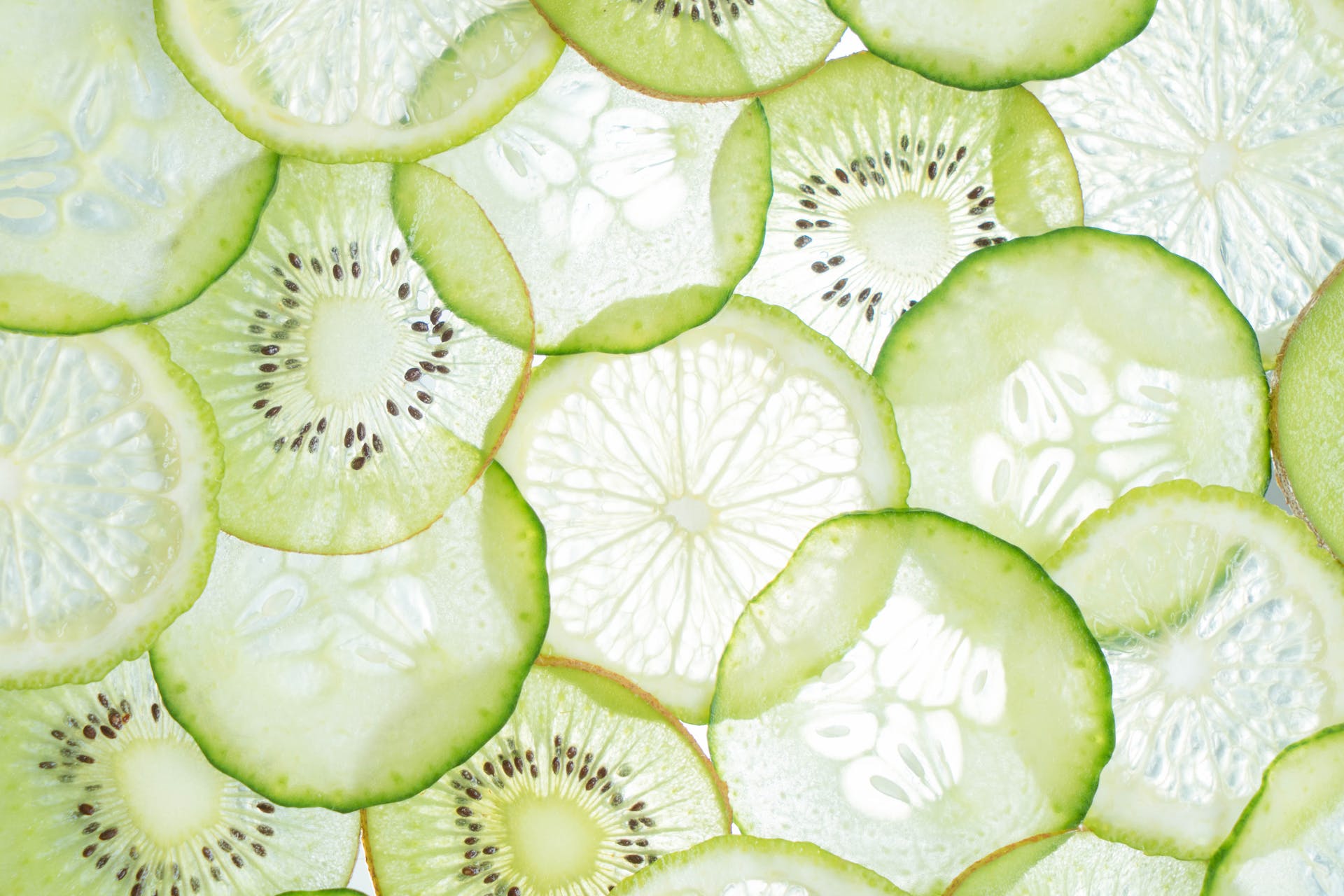Understanding Kidney Disease: Exploring Remedies for Optimal Renal Health
The kidneys play a crucial role in maintaining overall health, filtering waste products and excess fluids from the blood to form urine. When kidney function is compromised, it can lead to kidney disease, a condition that affects millions of people worldwide. In this comprehensive guide, we will delve into the complexities of kidney disease and explore various remedies to promote optimal renal health.
1. The Basics of Kidney Disease
Kidney disease is a broad term encompassing various conditions that impair kidney function, ultimately affecting their ability to filter blood efficiently. Causes can range from diabetes and high blood pressure to infections and autoimmune disorders. It is imperative to recognize the early signs, such as changes in urination patterns, fatigue, and swelling, to initiate timely intervention.
1.1 Identifying Risk Factors
Understanding the risk factors for kidney disease is vital for preventive care. Diabetes, hypertension, family history, and age are common contributors. Lifestyle factors like smoking, obesity, and a high-sodium diet can also escalate the risk. Regular health check-ups and maintaining a healthy lifestyle are essential preventive measures.
2. Dietary Approaches to Kidney Health
A balanced diet is pivotal in supporting kidney function and preventing further damage. Several dietary adjustments can aid in managing kidney disease and promoting renal health.
2.1 Controlling Protein Intake
While protein is essential for the body, excessive consumption can strain the kidneys. Moderating protein intake, especially from animal sources, can alleviate the burden on the kidneys and slow down disease progression.
2.2 Sodium Restriction
High sodium intake can elevate blood pressure and exacerbate kidney damage. A low-sodium diet helps regulate blood pressure and reduces fluid retention, crucial in managing kidney disease.
2.3 Fluid Management
Balancing fluid intake is crucial, especially for those with compromised kidney function. Monitoring fluid intake helps prevent fluid overload, reducing stress on the kidneys and maintaining electrolyte balance.
2.4 Potassium and Phosphorus Control
Patients with kidney disease often face imbalances in potassium and phosphorus levels. Tailoring the diet to regulate these minerals is essential for preventing complications and supporting overall renal health.
3. Herbal Remedies and Supplements
In recent years, interest in herbal remedies and supplements for kidney health has grown. While scientific evidence varies, some natural compounds may offer potential benefits.
3.1 Turmeric and Curcumin
Known for their anti-inflammatory properties, turmeric and its active compound, curcumin, have shown promise in reducing inflammation in the kidneys. Incorporating these into the diet or as supplements may aid in managing kidney disease.
3.2 Astragalus Root
Astragalus has been used in traditional Chinese medicine to support kidney health. Studies suggest its potential to reduce proteinuria and protect against kidney damage. However, consult a healthcare professional before adding it to your regimen.
3.3 Omega-3 Fatty Acids
Found in fish oil and flaxseed, omega-3 fatty acids exhibit anti-inflammatory effects. While research on their specific impact on kidney disease is ongoing, incorporating these healthy fats into your diet may contribute to overall renal well-being.
4. Lifestyle Modifications
Beyond dietary changes, certain lifestyle modifications can positively influence kidney health.
4.1 Regular Exercise
Engaging in regular physical activity promotes cardiovascular health and helps manage conditions like diabetes and hypertension, reducing the risk of kidney disease.
4.2 Smoking Cessation
Smoking is a major risk factor for kidney disease, as it contributes to the narrowing of blood vessels. Quitting smoking not only benefits your kidneys but also improves overall health.
5. Medical Interventions
In advanced stages of kidney disease, medical interventions become crucial. Dialysis and kidney transplant are among the primary treatment options.
5.1 Dialysis
Dialysis serves as a substitute for impaired kidney function by filtering toxins and excess fluids from the blood. Understanding the different types of dialysis and their implications is crucial for patients and their caregivers.
5.2 Kidney Transplant
For those with end-stage kidney disease, a kidney transplant may be the most viable option. Understanding the transplant process, eligibility criteria, and post-transplant care is essential for individuals considering this intervention.
6. Consultation with Healthcare Professionals
Regardless of the chosen remedies, it is imperative to consult healthcare professionals for personalized guidance. Nephrologists and dietitians specializing in kidney health can provide tailored advice based on individual health conditions and the stage of kidney disease.
Conclusion: A Holistic Approach to Kidney Health
In the realm of kidney disease, a multi-faceted approach incorporating dietary changes, herbal remedies, lifestyle modifications, and medical interventions is key. While there is no one-size-fits-all remedy, a holistic focus on overall health can significantly contribute to the management and prevention of kidney disease. Regular health check-ups, proactive lifestyle choices, and informed decisions form the pillars of optimal renal health.
